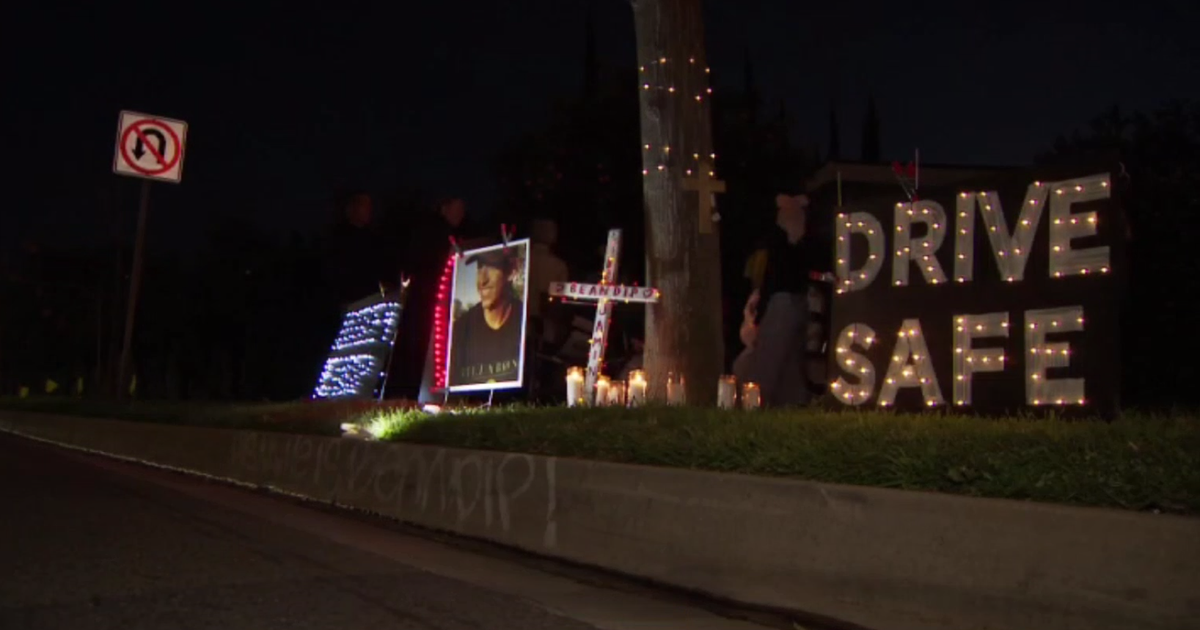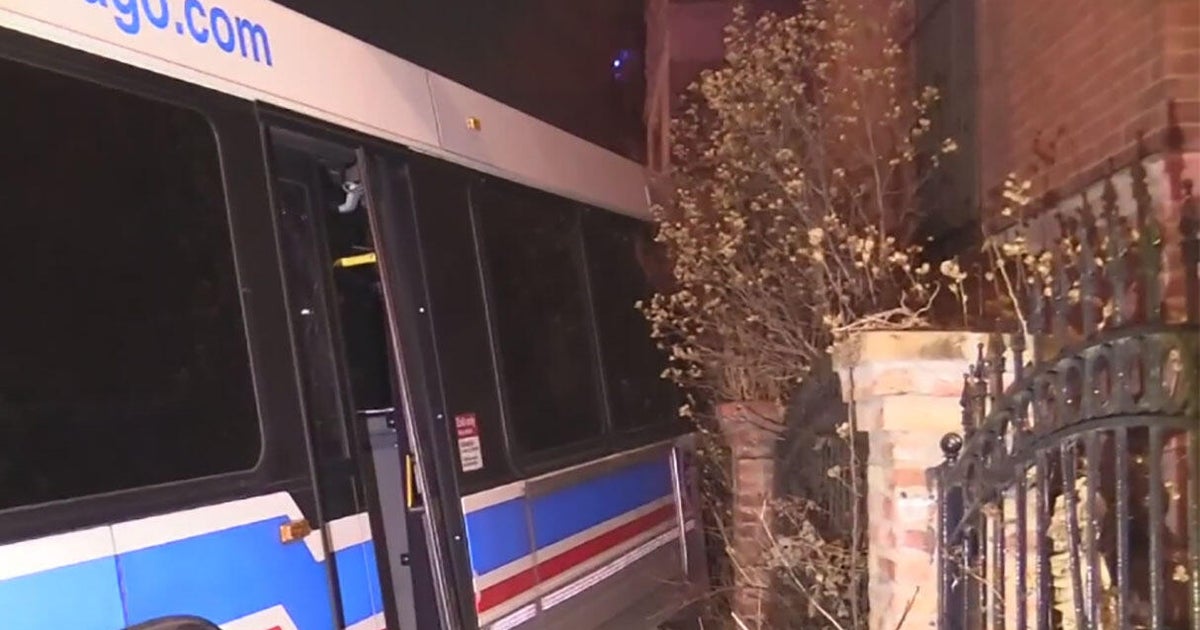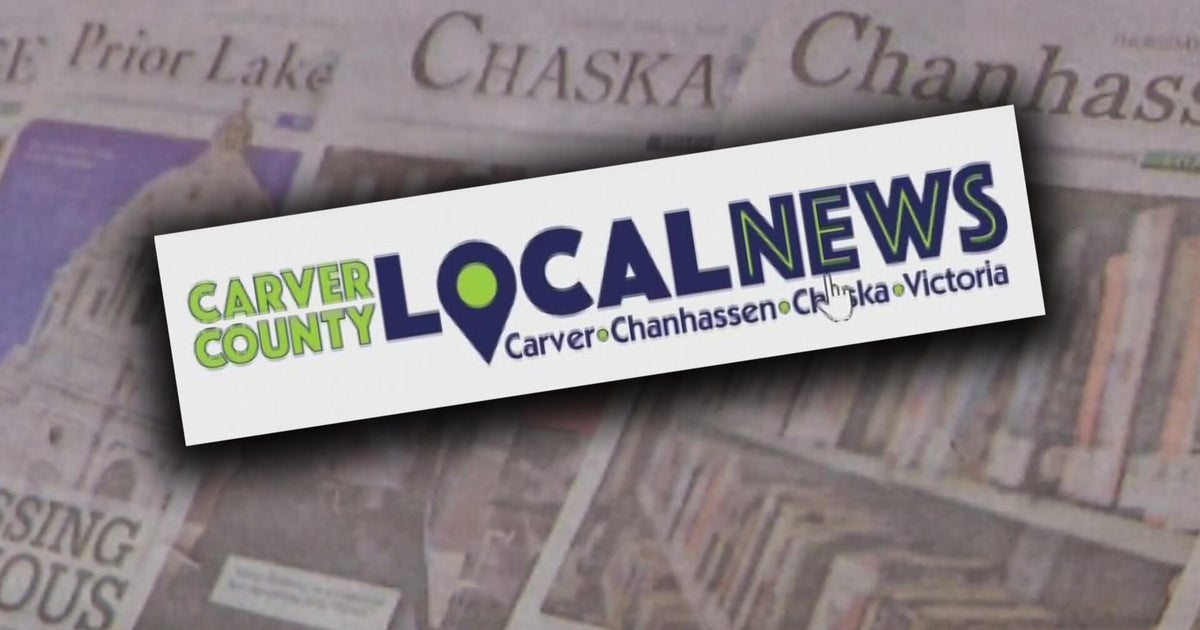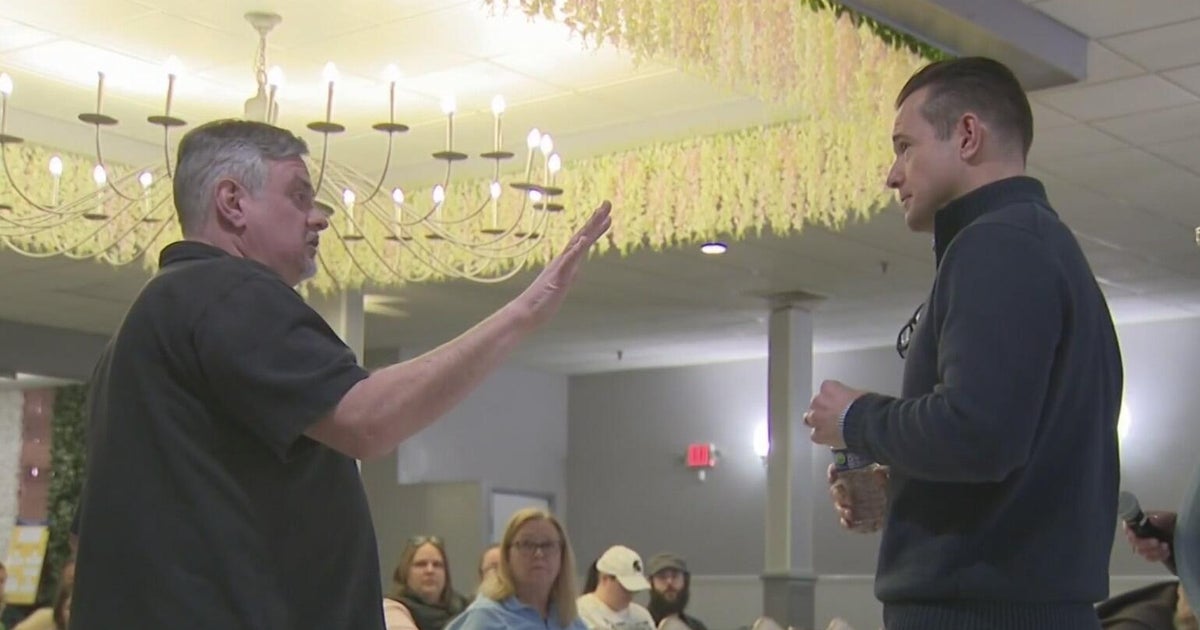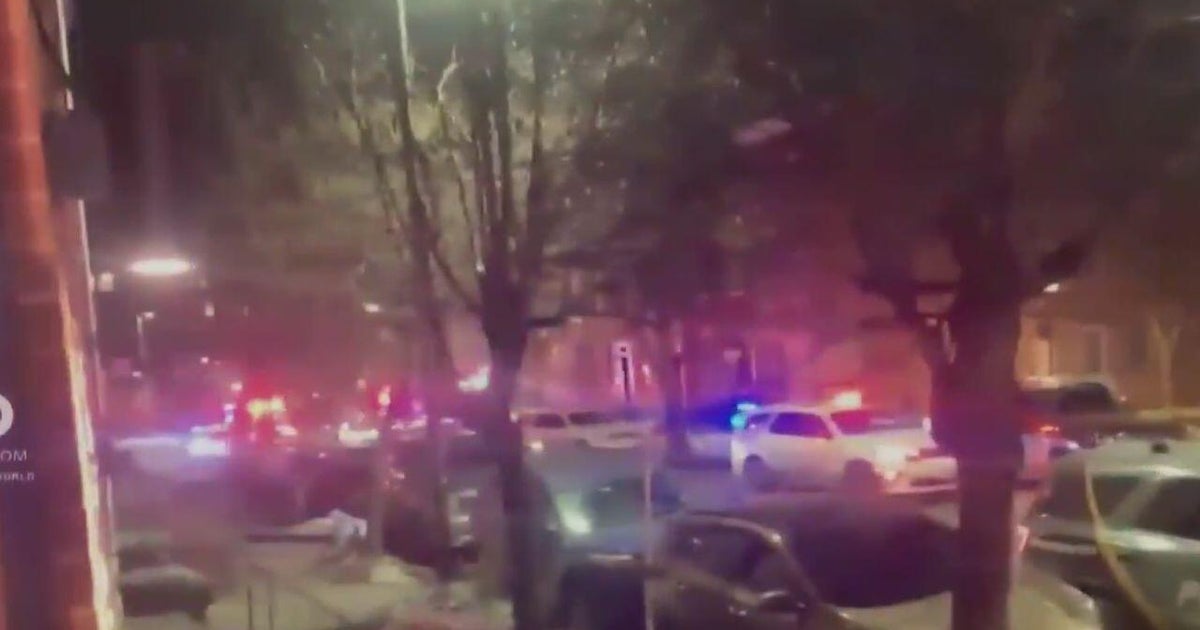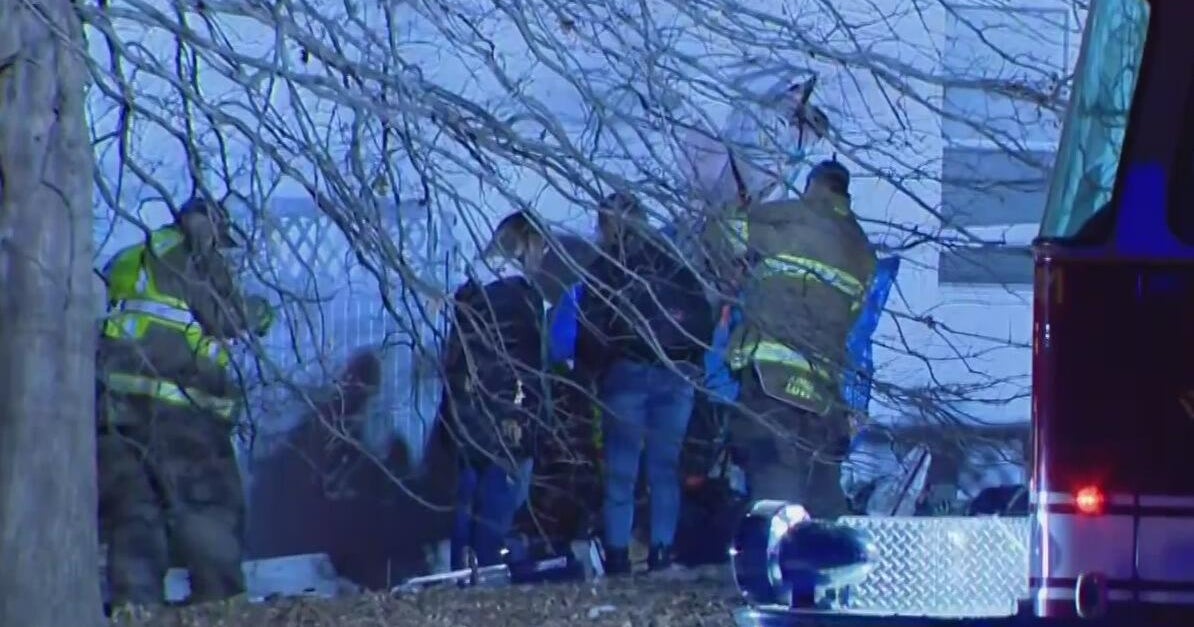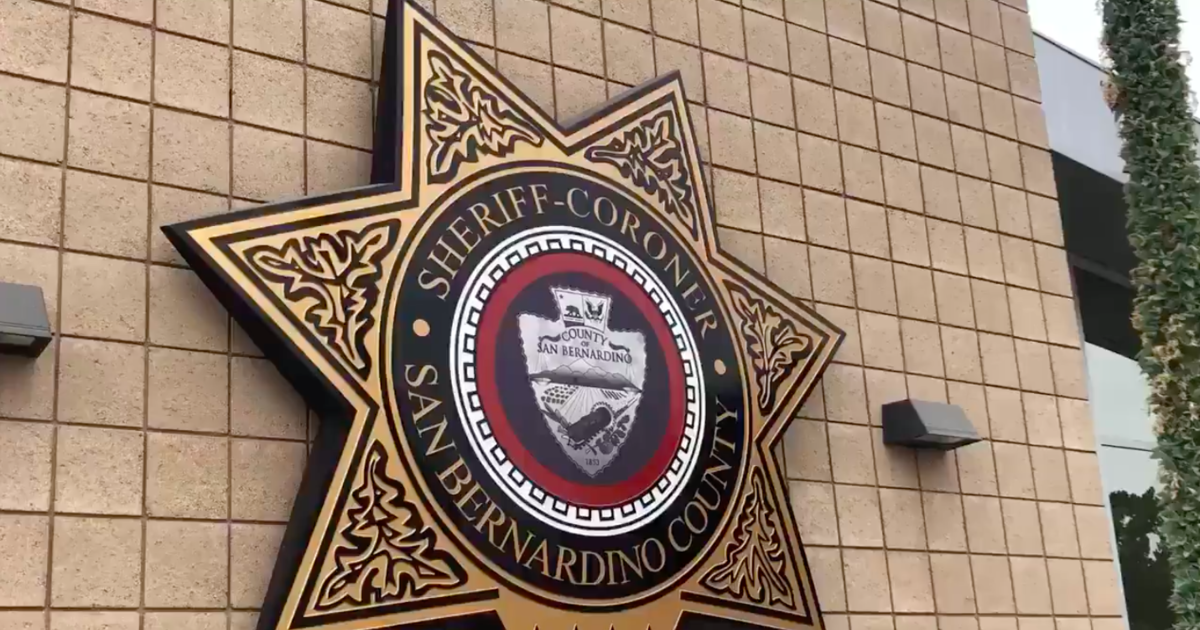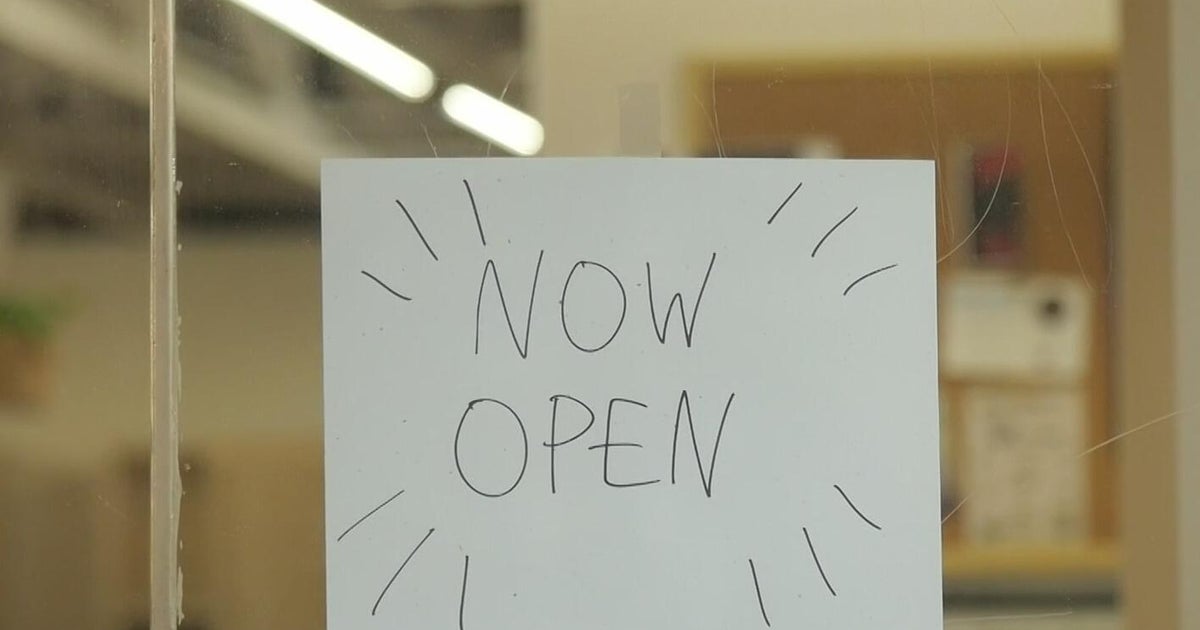9/11: A Muslim American Perspective
By Zahra Huber
It's the question everyone asks on September 11: Where were you when the planes hit the World Trade Center? And I think just about anyone who was old enough to remember it can pinpoint exactly where they were, and what they were doing.
I was living in New York on September 11, 2001. It was my day off from college. I'm not usually a morning person, but for some reason I got up early that day, made myself a bowl of cereal, sat down on the couch, and turned on the news.
I sat there and watched one of the twin towers burning. But I was so groggy that I didn't completely realize what was going on. Then I watched as another plane crashed into the second tower. And it hit me: OH MY GOD! We are under attack!
Several thoughts ran through my mind that morning. I prayed that people would get out safely from those buildings. All of a sudden, I had a knot in the pit of my stomach: I hope the people behind these acts are not Muslim.
And then I worried about my parents, who both worked at a private Islamic school in Queens, just 10 miles from the World Trade Center.
I ran to the telephone and frantically tried calling my mother, only to be met with a busy signal. I tried her cell phone - also a busy signal. I could not get a hold of my parents.
Shortly after, the terrorists behind the attack were named. And, just as I had feared, they had Muslim names.
My heart dropped. I was even more worried now about my parents. What if people acted out and attacked the school?
I couldn't reach anyone. So I sat back down, all alone, with my eyes glued to the television, watching as the top of the towers disappeared in clouds of smoke. I saw these black dots tumble from the buildings. As it turned out, they were people who jumped from the towers to escape the fire.
And then the towers collapsed.
At that point, although I prayed for the safety of the people who had been working in the towers, in my heart I knew that many wouldn't be able to make it out alive.
I finally heard from my mom a few hours later. Everyone in the school was OK. She told me that after the news of the towers being hit many of them had gone to the school's rooftop, from where they watched in horror and disbelief as one tower after the other collapsed. And then she described to me the scene in front of the school, which was very close to the bridge that connected Manhattan and Queens.
She told me that because all subways and buses had shut down, people were walking in droves – covered in dust, many without shoes, slowly dragging their feet. "It was like Judgment Day."
The week after 9/11 was awful. The city that never sleeps actually slept. Everything was shut down for days --- transportation, schools, stores. My family and I stayed in the house the entire week. My father was afraid to let us out because of the backlash against Muslims. We heard horror stories about Muslims who were beaten and women who had their scarves ripped off their heads. Some were even raped.
I was so angry. I was furious that these men, who claimed to be Muslim, would do such a thing. Who would kill thousands of innocent people? Don't they know that these acts of violence would affect all of us? I wanted to get in front of a camera and explain to everyone, "We're not all the same. We condemn this violence. This is not what our religion teaches us. We're supposed to be peaceful. Our book tells us that killing one person is like killing all of humanity."
I remember emailing an official at the college I was attending and telling him that a part of me didn't want to come back to school because I feared people would say something hateful to me or worse, hurt me. But he reassured me that if anything like that were to happen, the school would immediately take action against that person.
When my campus finally reopened the Monday after 9/11, I was grateful to finally get out of the house. And whenever a professor discussed the attacks in class, I made it a point to speak up and condemn them.
Suddenly, students I had never met started coming up to me to ask questions about my religion and my thoughts on 9/11. I was happy to answer their questions and express my anger towards the terrorists who had murdered thousands of people.
Others would approach me and told me they "had my back" if anyone gave me any grief. It was such a beautiful feeling. There were people who understood that I was not like those monsters who attacked my city, my country.
My parents, unfortunately, did not have the same reaction. Shortly after the attack, the school received a phone call where the caller said that their students' blood would cover the streets of New York. Police evacuated the school immediately. For weeks officers were stationed with the school, first in the building and then nearby to protect them and make sure nobody would harm the children.
But things got better. In the months following the attacks, strangers would come up to me while I was shopping, or at the movies, or even at toll booths, and they would look me straight in the eye and tell me, "I know all Muslims are not the same. I know you're not all terrorists."
And even though some people may look at that as condescending or even a little silly, to me it was music to my ears. I felt like these strangers understood me. They knew my pain. They knew what many of us were going through and I felt united. I was proud to be a New Yorker. And, of course, an American.
